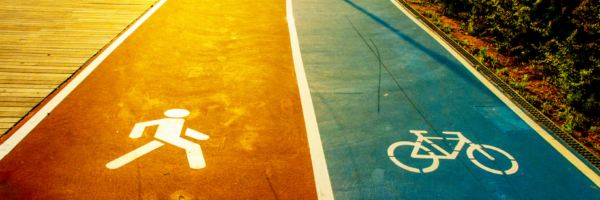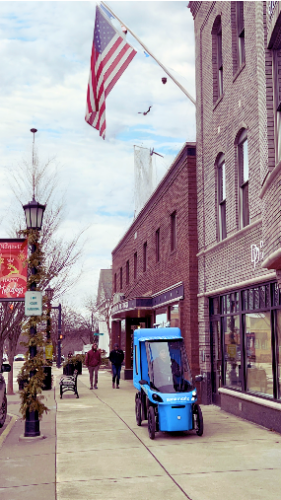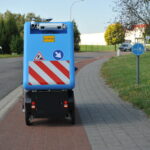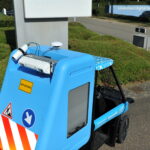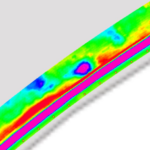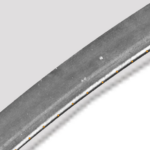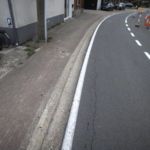Bike Lane & Sidewalk Inspection

All Terrain
To access even the most challenging pavements, XenomatiX has developed a turnkey solution: the XenoBike, an electric vehicle that operates like a bike, designed for efficient pavement inspection. It is versatile and compact and designed to collect pavement quality data of narrow bike lanes and pedestrian sidewalks.
Easy Data Collection
Data collection is not influenced by speed, including regular start and stop. This consistency in results ensures accurate and reliable assessments, even in dynamic traffic conditions. Data can be collected up to 120 km per day on XenoBike at a speed of max 25km/h. Results seamlessly integrate with Pavement Management Systems (PMS) and Geographic Information Systems (GIS), simplifying data management and analysis. This helps customers better oversee, analyze, and plan maintenance for bike lanes or sidewalks, improving budgeting and project planning.
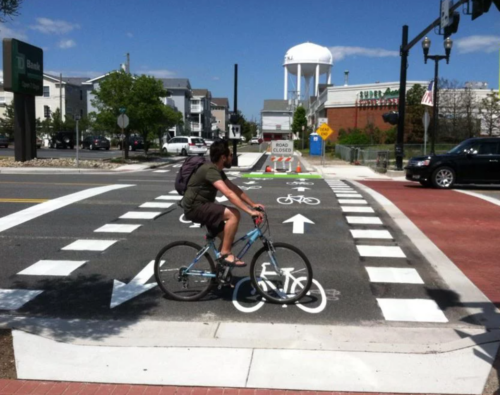
SAFETY
Safety on bike lanes is ensured through separated lanes, wide paths, clear crossings, obstacle-free surfaces, and traffic speed reduction, providing comprehensive security and comfort for cyclists.
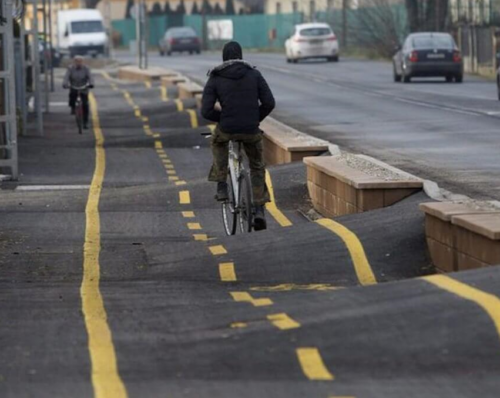
COMFORT
The 3D model of the bike lane surface can be used to extract standardized comfort measures regardless the line a biker drives, covering a comfort measure for all users in real life
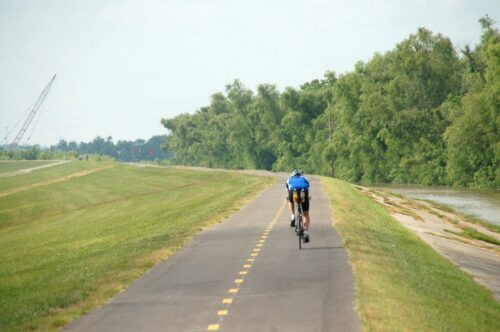
LANE WIDTH
More bikers on the bike lanes with different and larger bikes require larger bike lanes. Bike lane width has become a major safety and comfort measure.
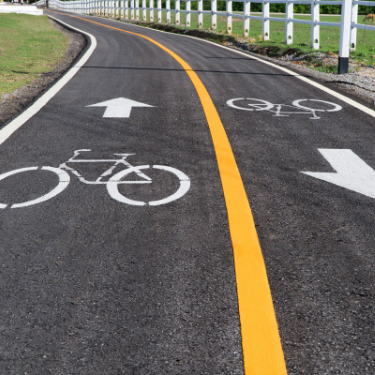
MARKINGS
With more bike lane highways encouraging people to more frequently take the bike as transportation, even for longer distance traveling, more signaling and markings are needed to orderly organize the bike traffic on the bike lanes.
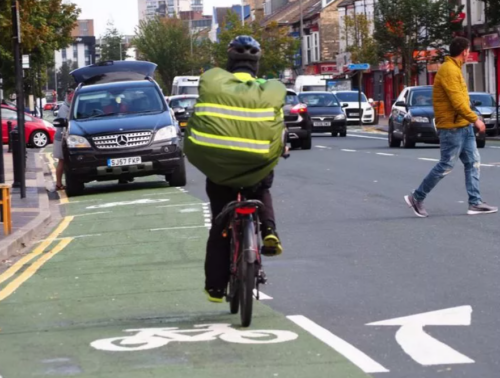
LATERAL BANKING
Banking in turn is allowed and even required on highways and race tracks but causes dangerous sliding in wintertime on bike lanes. Camber or banking of bike lanes can be designed to evacuate water but need to be limited to provide sliding.
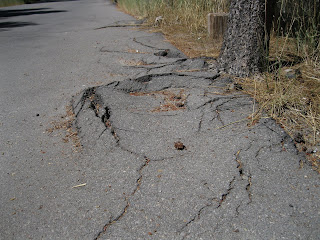
OBSTACLES
Obstacles like root bumps, potholes, sunk manholes, utility connection points, are often cause of discomfort and accidents, are logged in the 3D bike lane model and can be automatically extracted and precisely localized.
We receive data for every cm² of Leuven’s streets. The data is visualized on a GIS system and colour coded, this instantly enables our team to assess the exact condition of the road surface. Additionally to the 3D map, XenomatiX provides the 2D images of the road surface, so that no road distress remains unnoticed
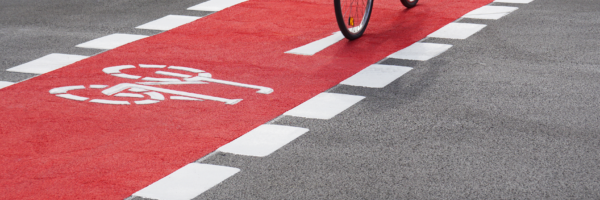
XenomatiX secures contract to assess the status of bike lanes
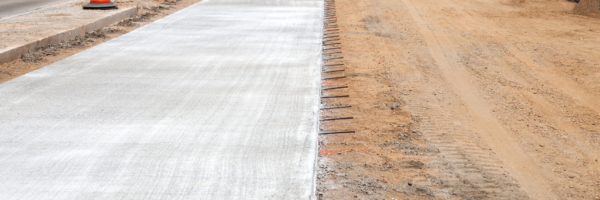
Client Story – Agentschap Wegen & Verkeer
